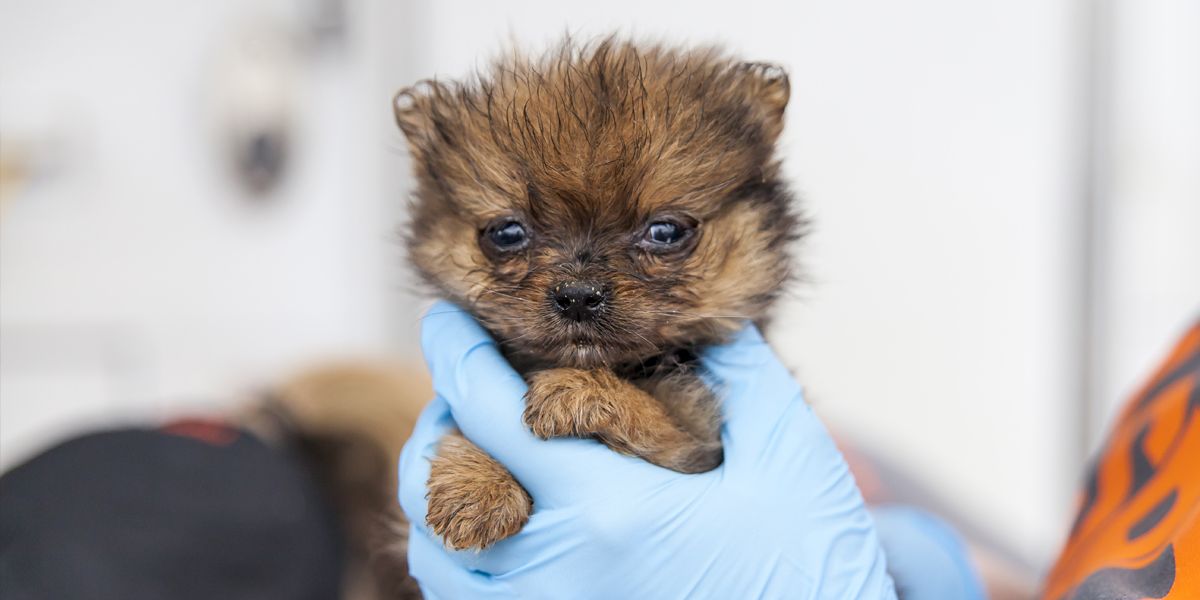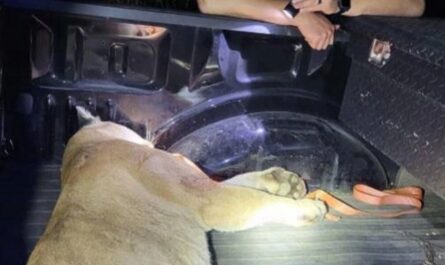Sacramento, CA — Governor Gavin Newsom has signed into law a series of animal welfare bills designed to restrict puppy sales and prevent scams in the sale of designer dogs. The new laws are aimed at protecting buyers like Brooke Knowles, who discovered the hard way that the puppy she bought from an online broker was not what she expected.
Knowles, who paid about $2,000 for a Coton De Tulear puppy named Ted, found herself facing a string of health issues with the dog, which included stomach problems that eventually required an emergency room visit. After a DNA test, Knowles learned that Ted was not a purebred Coton De Tulear, but a mixed-breed dog.
“We call him the most expensive rescue dog we’ve ever had,” Knowles said. “Our group started to call our dogs ‘Fauxtons,’ since they weren’t Cotons.”
New Laws to Close Loopholes
The three new bills signed by Newsom aim to address the deceptive practices that led to cases like Knowles’. These laws follow a Times investigation that uncovered how commercial breeders from other states have been shipping puppies into California and selling them under the guise of being locally bred.
- Assembly Bill 519 bans online platforms where puppies are resold by brokers, including PuppySpot and other California-based operations that resell out-of-state puppies.
- Assembly Bill 506 voids pet purchase contracts involving nonrefundable deposits and holds sellers accountable for failing to disclose breeder information and the dog’s medical history.
- Senate Bill 312 mandates that pet sellers share health certificates with the California Department of Food and Agriculture, which will then make the documents available to the public.
“Sunlight is the best disinfectant, and it’s time to shine a light on puppy mills,” Governor Newsom said. “Greater transparency in pet purchases will bring to light abusive practices that take advantage of pets in order to exploit hopeful pet owners.”
The Shadow of Puppy Brokers
The new laws come after the 2019 ban on the sale of commercially bred dogs in California pet stores, a move that led to the rise of online puppy brokers who posed as local breeders. The demand for puppies during the COVID-19 pandemic led to more people unknowingly buying dogs that were bred out of state, often with fake names or disposable phone numbers used by the sellers.
“These attacks are not just simple phone calls or phishing emails — they’re complex operations that involve multiple impersonators, spoofed phone numbers, and coordinated follow-ups,” said Scott Davis, chairman of the Cybersecurity Association of Pennsylvania, in a recent interview.
The California Department of Food and Agriculture has also been under scrutiny for destroying records of these puppy transactions. The Times’ investigation revealed that thousands of dogs were imported to California without proper documentation or transparency.
The Cost of Deception
One seller, Tweed Fox, who ran Carlsbad Cotons, admitted to sourcing puppies from a Utah-based company during the pandemic to meet demand. However, Fox discovered the puppies weren’t purebred, as he had believed, and when Knowles tested Ted’s DNA, she confirmed her suspicions.
Fox explained,
“I thought I was providing equal quality puppies at the time, and apparently, I wasn’t at that point, except for my own home bred.”
Fox has since moved to Dallas and insists he no longer resells puppies bred elsewhere.
“I’m not in the business to cheat people out of anything,” Fox added.
Stronger Oversight for Pet Buyers
Despite the new laws, animal welfare groups are concerned about enforcement and the continued risk of unregulated puppy sales. Some advocates have called for mandatory licensing for breeders in California, similar to laws in Iowa and Missouri.
“Enforcement will now fall on nonprofits like ours to monitor and report issues,” said Mindi Callison, head of Bailing Out Benji, an Iowa-based nonprofit focused on combating puppy mills.
While some local jurisdictions in California require breeder licensing, a statewide licensing program is still lacking, leaving potential gaps in consumer protection.
A Step Toward Transparency
The new laws are a direct response to years of growing concern about deceptive breeding practices and fraudulent sales tactics in the pet industry. As more buyers demand transparency and accountability, the hope is that these legislative measures will shut down deceptive puppy brokers and prevent future cases of exploitation like Knowles’.
What are your thoughts on the new laws? Do you believe they will effectively address the ongoing problem of puppy broker scams? Share your views in the comments below.


 by
by 
